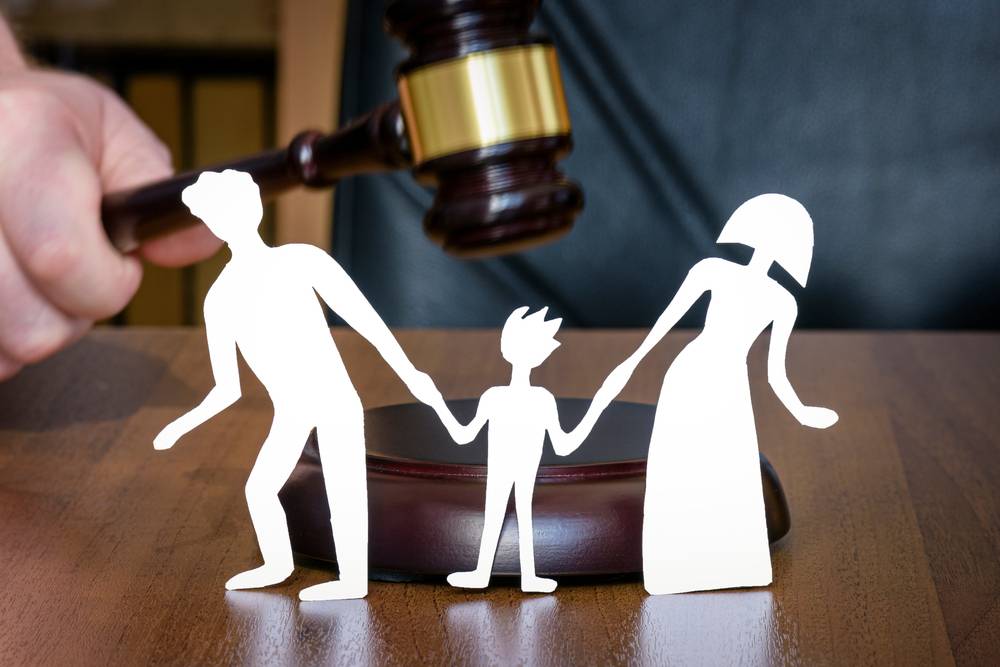Everyone wants their marriage to last, but not all stay alert and watch for early warning signs of a marriage crisis.
Below are the most common risks that can lead to divorce:
1. Lack of commitment
Adultery is the final phase of a lack of commitment, usually starting with gradual alienation. Spouses no longer feel comfortable with each other. Instead, they begin looking for comfort with other people, leading to intimate relationships outside the marriage. Many people cannot get over extramarital affairs, as a leading cause of all divorces.
2. Inappropriate age
Entering into marriage too young or too late can represent a significant risk factor for divorce. Couples in their early 20s cannot perceive marriage the way they should, not being able to grasp the legal consequences of marriage. Matrimony after 35 carries similar risks. People who have lived alone most of their lives find it hard to get used to another person.
3. Low educational level
Couples with lower education tend to have the wrong perception of society and their responsibilities towards others, making them more likely to ignore their social and family obligations, including parental responsibilities. As a result, poor education is often associated with dysfunctional families or child abuse.

4. History of divorce
Research shows that growing up in a dysfunctional family with divorced parents increases your chances of divorce. However, causes remain unclear, but they are not associated only with your surroundings. Inheritable personality traits make people more inclined to negative feelings. Depression and self-doubt increase the chances of ending the marriage in divorce.
5. Low income
Lower-income couples have problems overcoming their everyday financial challenges. For example, paying bills and maintaining a household is difficult for those without a reliable source of income, causing disrupted relationships and frequent fights. Consequently, divorce appears as the only solution.
6. Different lifestyles
If your spouse is a heavy drinker while you hate going out, you will experience a crisis in your relationship. The same goes for other essential habits. Couples with similar social life preferences are more likely to stay together longer, and vice versa.
7. Poor communication
Many couples experience crises. Life brings various challenges, and we need to jump over multiple hurdles on our journey together. Having a bad day is normal. But the key is communication to overcome difficulties and prevent disruption in your relationship. Spouses having a problem expressing their emotions are more likely to get into arguments. Also, lack of communication will cause alienation between the spouses and eventually separation.
8. Expensive wedding
Spending too much on your wedding party will put a significant financial burden on your marriage. Young couples usually get loans to pay for the wedding. Getting into debt, which you will repay after the wedding, is one of the most common risk factors leading to a divorce.
9. Pregnancy before marriage
Relationships with pregnancy before marriage are statistically more at risk from divorce. The same applies to couples with a baby in the first year of marriage. The reason for that is the unreadiness of some spouses to deal with new responsibilities around raising a child. Conversely, those who wait before having a child are more likely to continue their marriage.
10. Pre-marriage life together
Contrary to common belief, living together does not increases your chances of a successful marriage. Instead, life together outside the matrimony becomes an obstacle to adopting new responsibilities and legal obligations associated with marriage.
11. Unrealistic expectations
This one is typical for young couples. Excessive optimism about marital life can lead to disappointment. Marrying without a clear picture of what is behind the corner often causes a crisis and divorce.

Dispute Resolution Methods

When a dispute arises, finding the best resolution method is vital.
Litigation is the only solution in a marriage with a history of abuse. Spouses engaging in physical and emotional abuse are not capable of sitting at the same table and peacefully talking about differences.
In that case, consulting and hiring a well-versed family dispute lawyer should be your first step.
Contrarily, spouses who communicate despite the dispute can benefit from family mediation.
Unlike litigation, family mediation can explore the risk factors that led to divorce much deeper. For example, an experienced mediator can facilitate negotiations between the divorcing spouses and achieve genuine reconciliation, helping maintain a productive co-parenting relationship after the divorce.
What does a family mediator do?

A family mediator is a qualified professional who helps families resolve disputes. The mediator does not take sides but instead facilitates communication between the parties involved. One of the mediator’s main goals is to help the parties reach a fair and equitable agreement for everyone involved. The mediator will often meet with each party separately to understand their individual needs and interests. Once the mediator understands the situation, they will work with the parties to negotiate a resolution. In some cases, the mediator may also provide information about resources that can help the parties resolve their dispute. Ultimately, family mediation aims to help families resolve their differences without going to court.
What are the benefits of family mediation?
Family mediation can help families resolve their disputes confidentially and cost-effectively. Mediation is often faster than going to court, and it can be less expensive because the parties do not have to pay for attorneys’ fees. In addition, mediation allows the parties to maintain control over the outcome.




